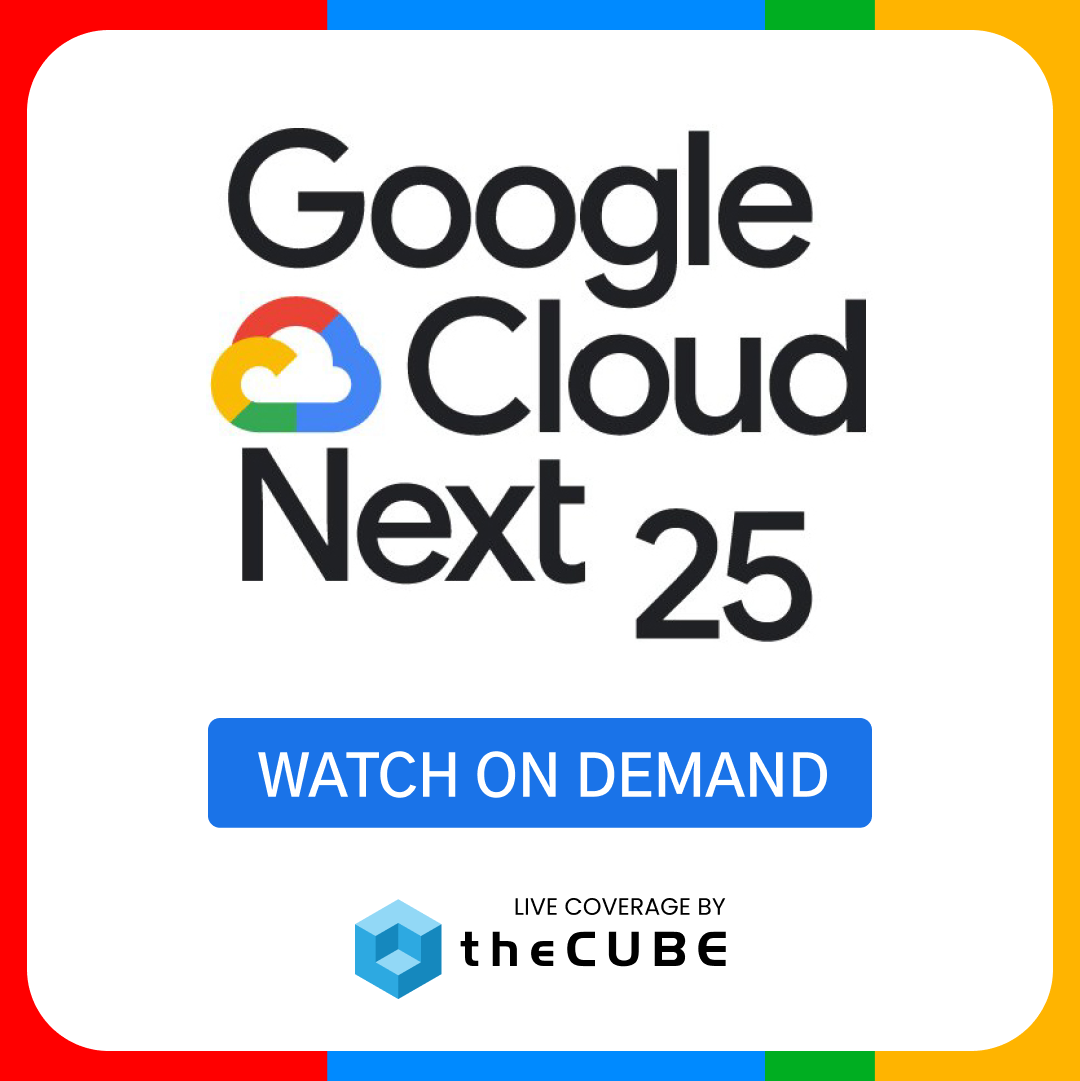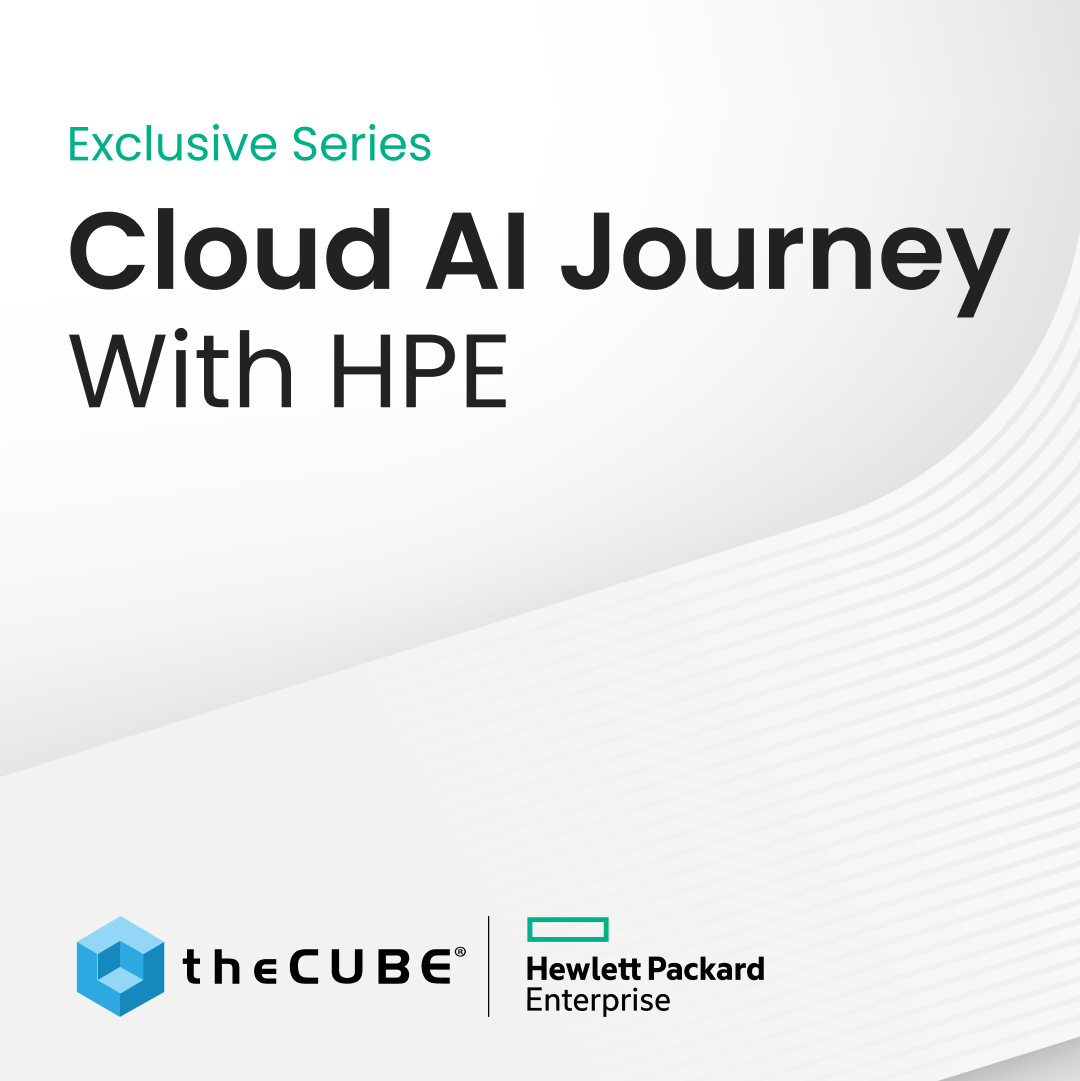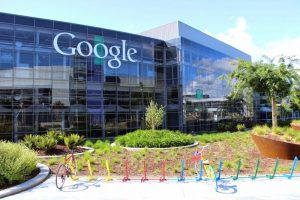When Net Neutrality advocacy becomes scaremongering
The Internet was apparently coming to an end if were were to believe last weekend’s news excerpts based on Barry Collins sensational piece “The end of the Internet as we know it” on PCPro UK. Collins warned that “ISPs are threatening to cripple websites that don’t pay them first”. The predicable outcry ensued on Net Neutrality mailing lists like NNSQUAD and discussion forums on news aggregation sites like Slashdot. Before anyone analyzed the article and the facts, ISPs were already being compared to “Russian Mobsters” committing crimes of extortion, but is this what really happened?![]()
Mr. Collins ironically proclaimed in his piece that his work was not “journalistic scaremongering”, but that was precisely what it was because the evidence presented by Mr. Collins flatly contradicted his own sensational title and main points. Since most readers won’t bother to read all 5 pages of fine print much less analyze it, Collins article is bandied about as further proof that ISPs are evil and that they need more regulation even though the article presented no actual evidence of wrongdoing.
The Internet that never existed
Collins’ thesis was that the Internet had always given equal capability to all content providers and that Internet Service Providers (ISPs) were going to threaten this egalitarian paradise, yet he acknowledge the fact that such an egalitarian Internet doesn’t actually exist. Collins wrote:
It’s worth pointing out that the concept of net neutrality – ISPs treating different types of internet traffic or content equally – is already a busted flush. “Net neutrality? We don’t have it today,” argues Andrew Heaney, executive director of strategy and regulation at TalkTalk, Britain’s second biggest ISP.
“We have an unbelievably good, differentiated network at all levels, with huge levels of widespread discrimination of traffic types. [Some consumers] buy high speed, some buy low speed; some buy a lot of capacity, some buy less; some buy unshaped traffic, some buy shaped.”
Collins seems to have assumed that Andrew Heaney was only referring to “consumers” when he specifically said “all levels” of the Internet had differentiated services. The fact is that there are even more diverse levels of traffic discrimination (differentiation) being offered and bought by commercial Internet customers e.g., websites and content providers. Collins then noted that a smaller ISP like “Zen Internet” didn’t employ traffic shaping and that they were given an award by PCPro. This was put forth as if an undifferentiated network was the proper way to run a network and that it somehow negated the fact that differentiation was widespread on the Internet so that Collins could justify his assertion that the Internet must provide non differentiated services to everyone.
How are Content Delivery Networks not “fast lanes”?
Barry Collins goes on to warn about how the ISPs want to sell content providers like the BBC fast lanes and replace the Content Delivery Network (CDNs) those content providers are currently using. Collins wrote:![]()
Now the ISPs want to cut out the middleman and get video broadcasters to pay them – instead of the CDNs – for guaranteed bandwidth. So if, for example, the BBC wants to guarantee that TalkTalk customers can watch uninterrupted HD streams from iPlayer, it had better be willing to pay for the privilege. A senior executive at a major broadcaster told PC Pro that his company has already been approached by two leading ISPs looking to cut such a deal.
So what’s wrong with that? It seems that Collins missed the fact that CDNs are “fast lanes” that guarantee service by using private connections with hundreds of Gigabits per second (Gbps) of capacity (see this video for explanation). If the ISPs can offer a faster service and/or a better price for their “fast lane” service to the BBC than the CDNs can offer, wouldn’t the BBC want a competing fast lane with more competitive prices? Yet even the BBC’s Director of Future Media Erik Huggers pushes this myth that the Internet is equal for everyone. Huggers wrote:
Since the beginning, the internet has been ‘neutral’, and everyone has been treated the same. But the emergence of fast and slow lanes allows broadband providers to effectively pick and choose what you see first and fastest.
Oh really? If the BBC really believed this, why are they buying fast lane services from CDN providers at great expense? Why does the BBC have better video delivery capability than our little nonprofit website DigitalSociety.org?
Did TalkTalk really claim they’d block sites?
Collins then paints a dire situation where ISPs would block content providers like the BBC by citing an ambiguous statement from a UK ISP TalkTalk’s Andrew Heaney. Heaney wrote:![]()
Asked directly at the same forum whether TalkTalk would be willing to cut off access completely to BBC iPlayer in favour of YouTube if the latter was prepared to sign a big enough cheque, TalkTalk’s Andrew Heaney replied:
“We’d do a deal, and we’d look at YouTube and we’d look at BBC and we should have freedom to sign whatever deal works.”
But did Andrew Heaney really mean what Barry Collins claims he meant? Was he asking Mr. Collins if TalkTalk would deny paid peering services for nonpaying content providers, or was he asking if TalkTalk would block nonpaying content or application providers on the open Internet? Paid peering services by definition are only available to paying customers and has always been a commonly accepted practice on the Internet. Blocking content or application providers on the open Internet for wired broadband services is extremely controversial and simply doesn’t happen in the US and Europe. There was only one example in the United States with Madison River Communications blocking Vonage VoIP telephony services but the FCC stopped this practice immediately by having Madison River pay a settlement of $15,000.
I tend to think that Mr. Heaney was not saying that TalkTalk would actually block content/application providers on the open Internet and I’ve emailed TalkTalk media representatives for clarification, but it seems that Barry Collins’ article actually provided the clarification on page 5 of the article. Collins wrote:
So base on Barry Collins’ own admission, Andrew Heaney was not trying to claim that TalkTalk would block access to certain sites like the BBC. Yet two pages earlier in his article, Collins attempted to portray TalkTalk as an evil ISP that would “cut off access completely to BBC iPlayer” based on an ambiguous quotation from Andrew Heaney. It would seem that Barry Collins was more interested in propping up his sensational headline than accurately portraying his source’s statements.
The myth of YouTube being a low budget startup
Without disappointment, what Net Neutrality scaremongering campaign would be complete if it didn’t repeat the myth that YouTube started up as a low budget operation taking on big bad Google Video and winning? Collins wrote:
Would YouTube – which was initially run from a small office above a pizzeria before Google weighed in with its $1.65 billion takeover – have got off the ground if its three founders had been forced to pay ISPs across the globe to ensure its videos could be watched smoothly? It seems unlikely.
But the fact is that YouTube paid millions of dollars per month for CDN fast lanes in their startup stage, and there was simply no way YouTube could have served up 100 million videos a day from a small office on a low budget. YouTube burned through venture capital money while promoting pirated content to attract as many eyeballs as possible hoping for a buyout while Google Video tried earnestly to avoid being evil and blocked pirated content. The result was that YouTube’s underhanded tactics annihilated the honest guys at Google Video and got Google to buy them for $1.65 billion to replace Google Video. This wasn’t the story of David versus Goliath; this was the story of nice guys finishing last because they refused to leverage content piracy.
Unfortunately, this propaganda of YouTube triumphing over Google Video because of an imaginary Internet where two poor guys could serve hundreds of millions of videos a day from their small office was notably propagated by Stanford professor Barbara van Schewick and promoted as fact by strict Net Neutrality advocates. Even the FCC accepted this low budget YouTube myth in their Net Neutrality proceedings despite the fact that it wasn’t even remotely supported by the facts.
Scaremongering end game
Barry Collins’ article and tactics is unfortunately typical in the debate on Net Neutrality. The tactic is to somehow equate voluntary premium services with the evils of censorship and content blocking. To execute this tactic, first scare the public with sensational headlines that the Internet as we know it is under siege from the ISPs and then distribute propaganda cartoons proclaiming that ISPs are going to cut off our water supply. Then claim that fast lanes are tantamount to censorship of websites that can’t pay, even though bandwidth costs are so low they’re irrelevant these days and there are plenty of free video hosting services like YouTube and Vimeo.
This scaremongering tactic seems to have worked (at least before the court challenge) in the United States. The FCC passed incoherent Net Neutrality regulations that ban prioritized or enhanced networks while ignoring the fact that CDN priority services have always existed and are crucial to the Internet. Will these incoherent regulations hold in the long run? I hope not because Internet policy deserves to be based on facts rather than scaremongering.
[Cross-posted at Digital Society]
A message from John Furrier, co-founder of SiliconANGLE:
Your vote of support is important to us and it helps us keep the content FREE.
One click below supports our mission to provide free, deep, and relevant content.
Join our community on YouTube
Join the community that includes more than 15,000 #CubeAlumni experts, including Amazon.com CEO Andy Jassy, Dell Technologies founder and CEO Michael Dell, Intel CEO Pat Gelsinger, and many more luminaries and experts.
THANK YOU















